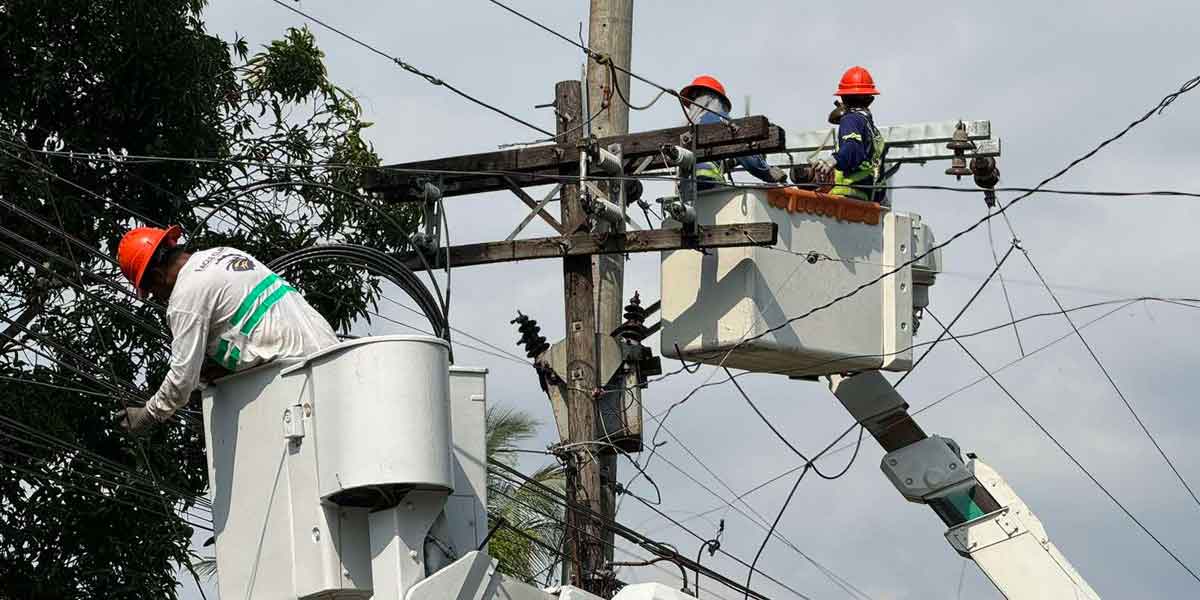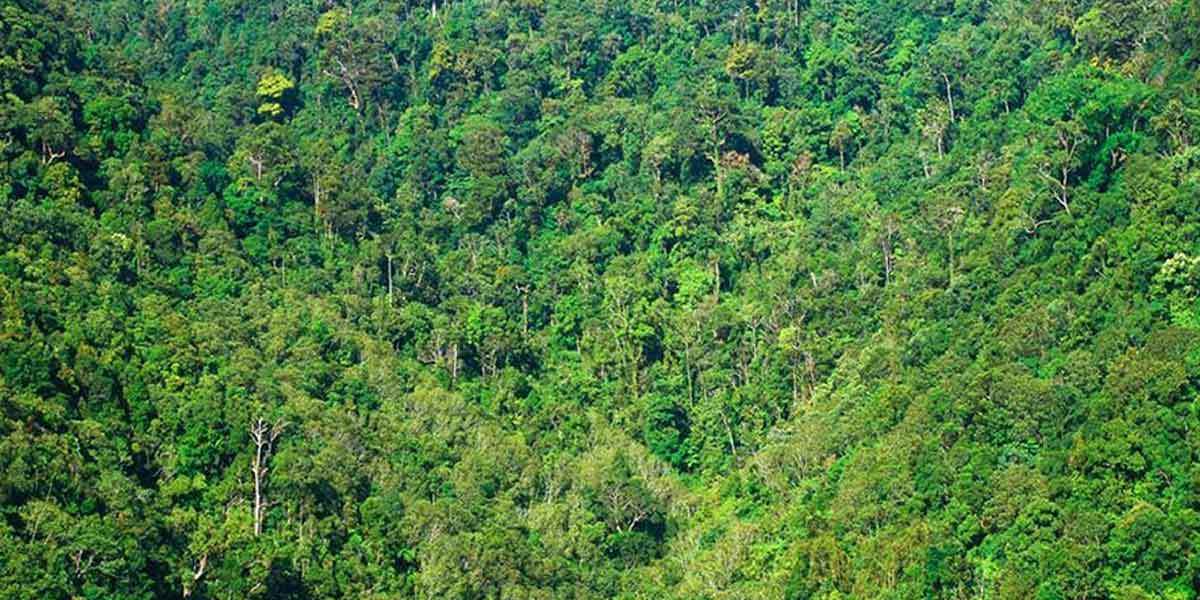
The Philippine government is set to rollout the Covid-19 vaccines in the latter part of February, said Department of Health (DOH) Undersecretary Maria Rosario Vergeire.
Vergeire made the disclosure during the Mugstoria Ta, an online conversation hosted by Assistant Secretary Anthony Gerard ‘Jonji’ Gonzales of the Office of the Presidential Assistant for the Visayas.
According to the Covid-19 Vaccines Global Access (COVAX) Facility, 117,000 Pfizer vaccines are expected by second or third week of February, the health official disclosed.
She added that preparations are now underway and within three days after the arrival of the vaccines, the vaccination program will be rolled out. Another five to nine million doses of the AstraZeneca vaccines will be delivered by the COVAX facility between the first and second quarter of this year, Usec Vergeire said.
Preparations have been ongoing to ensure smooth and efficient vaccine distribution once the vaccines are delivered, she added. Because of the limited supply of Covid-19 vaccines globally, the national government looks into the prioritization of their distribution.
In implementing the vaccination program, the government will follow the prioritization framework based on the World Health Organization recommendation which gives priority to the vulnerable and those at most risk.
Healthcare workers, senior citizens and indigent citizens are among the top priorities in the vaccination program.
Master listing with demographics and health profiles will help identify eligible population groups to guide operational planning and create a central database needed for efficient post-vaccine monitoring. This is based on the principles endorsed by the Interim National Immunization Technical Advisory Group.
Of the initial delivery of 117,000 vaccines, only 58,500 health care workers can be vaccinated since the rest will be reserved for their second dose. The DOH-designated Covid-19 hospitals will be the first to receive the Pfizer vaccines, Usec Vergeire said. Aside from being on the frontline in the fight against Covid-19, hospitals should have the capacity to store the vaccine, she added.
Meanwhile, DOH-7 Regional Director Jaime Bernadas said the regional office has an existing cold storage capacity at two to eight degree Celsius with a capacity of up to 3.5 million Covid-19 vaccines.
To accommodate Covid-19 vaccines that have to be stored at minus 70 degrees Celsius, DOH-7 regional office and the Vicente Sotto Memorial Medical Center (VMMC) are each acquiring freezers capable of minus 80 degrees Celsius. The VSMMC is a designated Covid-19 hospital.
Pfizer vaccines have to be stored at minus 70 degrees Celsius while Moderna vaccines can be stored at minus 20 degrees Celsius. On the other hand, the Astra-Zeneca vaccines have to kept at two to eight degrees Celsius.
According to Bernadas, the VSMMC freezer, which has a capacity of 400,000 vaccines at minus 80 degrees Celsius, will be delivered on Monday or Tuesday. The DOH-7 freezer with a similar capacity will also arrive next week to provide redundancy capacity, he added.
The DOH-7 regional director also disclosed that a simulation exercise for the vaccination rollout will be conducted on February 10. The activity, which includes Cebu and Davao, will be in preparation for the rollout of the vaccines from the national hub to the regional hub.
Usec Vergeire also gave assurance over the safety and efficacy of the Covid-19 vaccines that will be used in the country’s vaccination program. She assured the public that the Covid-19 vaccines to be used under the Emergency Use Authority (EUA) and the clinical trials underwent very rigid processes to ensure the safety and efficacy.
“Sinisiguro po ng ating gobyerno yung mga vaccines na iro-rollout po sa bansa natin ay ligtas at makapagbibigay ng mataas na benepisyo sa mga mababakunahan,” Usec Vergeire said. The current vaccines, she said, reduce the risk of severe disease and risk of death, and are most suited for those with higher risk of exposure and death.
Currently, Pfizer and AstraZeneca have already been granted with an Emergency Use Authorization (EUA) from the Food and Drug Administration (FDA) for their eventual public roll-out in the country. Those who received EUAs have gone through stringent scientific and regulatory processes to verify their safety and efficacy.
There are three other vaccine makers that have applied for EUA and are now being processed, Vergeire said.



















